Fashion editor, columnist and author Lucianne Tonti is calling on all fashion designers and their customers to rethink their approach to clothing. She believes we are at a turning point and natural fibres are the logical answer to the industry’s climate crisis.
Think wool, cotton, flax, silk, hemp and cashmere. There are amazing regenerative farms and fashion houses already changing the industry, and in turn, the way we all shop and dress.
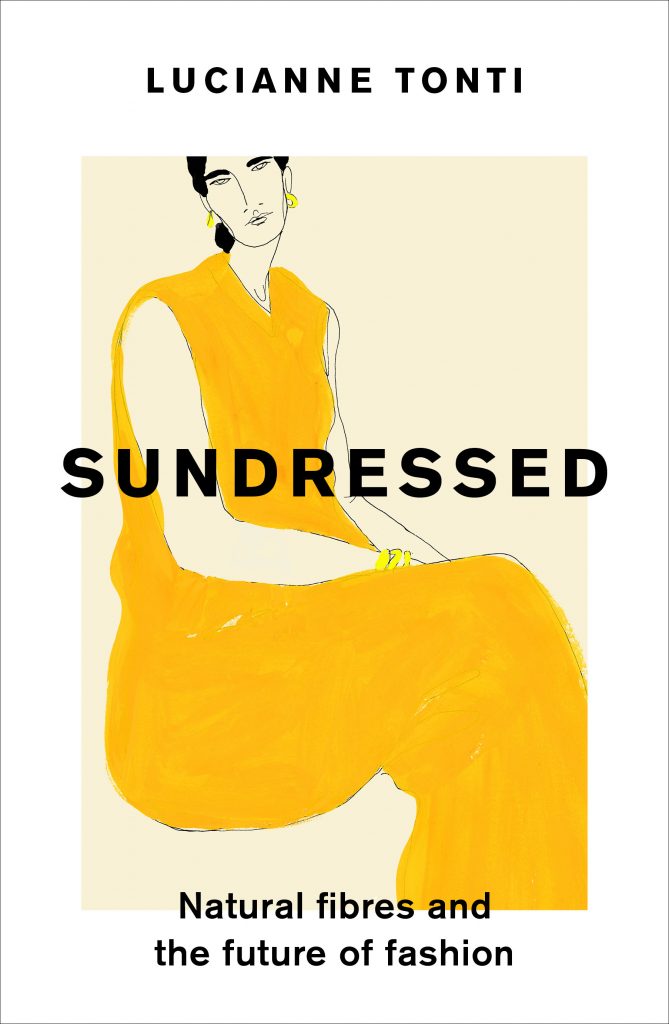
Lucianne says it is possible to wear beautiful clothes and improve the environment at the same time. To offer rare insight into the world of sustainable fashion, she has just released a new book aptly named ‘Sundressed’.
Lucianne says she’s always been concerned by how many clothes are being manufactured and how fast the cycles are, but it was really Covid that prompted her to personally do something about it.
Beauty and sustainability
“That was the moment of reckoning. I think we all had more time to stop and think. I also had a big change. I was living in Paris and came back to Australia to see what would happen and then I got stuck here!”.
Lucianne’s research for her book goes beyond improving sustainability through reducing emissions but delves into the world of regenerative farming practices that increase biodiversity, water quality and soil health.
“The most beautiful fabrics are natural fibres. What we have, if we farm them in this way, is the ability to not only make beautiful clothes but give us better outcomes for landscapes,” she explains.
Wool is a great example of it. You can have the big chunky cable knit that’s really warm or you can have the fine-knit merino sweater that you can wear under a blazer.”
The technology has changed to enable enormous versality in the processing of natural fibres.
Versatile fabrics
“Wool is a great example of it. You can have the big chunky cable knit that’s really warm or you can have the fine-knit merino sweater that you can wear under a blazer, and then you’ve got the soft tailoring. In addition to that, we have more beautiful soft fabrics that have lustre that you can produce with wool too. The same goes for cotton and linen and hemp. Silk is maybe less versatile but equally beautiful.”
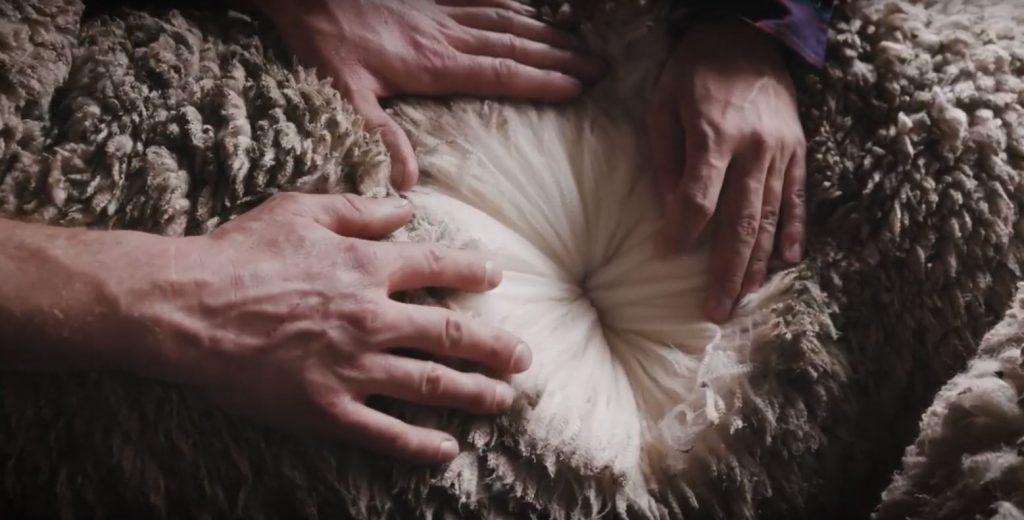
As well as looking stunning, natural fibres perform very effectively on the body. “Natural fibres will breathe when you’re too hot and they’ll provide warmth when you’re too cold. Wool is particularly versatile – it can also hold 30% of its weight in water before you start to feel cold or wet. They’re durable. They’re elastic. Unlike synthetics, they don’t hold on to odours and stains. So, they’re better for longevity as well,” says Lucianne.
A source of optimism
With a career spanning Melbourne, Sydney, Paris and London, Lucianne wants her book to be a source of optimism not stress for consumers. She has interviewed farmers from all over the world to hear how they are creating some of the beautiful natural fibres that are being transformed into fashion pieces.
“I was really lucky with who I got to speak to in the writing of this book. Charles Massy has an amazing farm on the Monaro Plains and that’s a real example of what you can achieve when you practice regenerative grazing.” She also features cotton farms which grow, spin and weave their pieces as part of the business.
Lucianne also interviewed farmers from all over the world, but Australian wool growers have stood out among the crowd.
“We produce 90% of the world’s fine apparel wool. We should be really proud of that, but also, we want to take care of our country too. So, it’s good to be able to do both.”
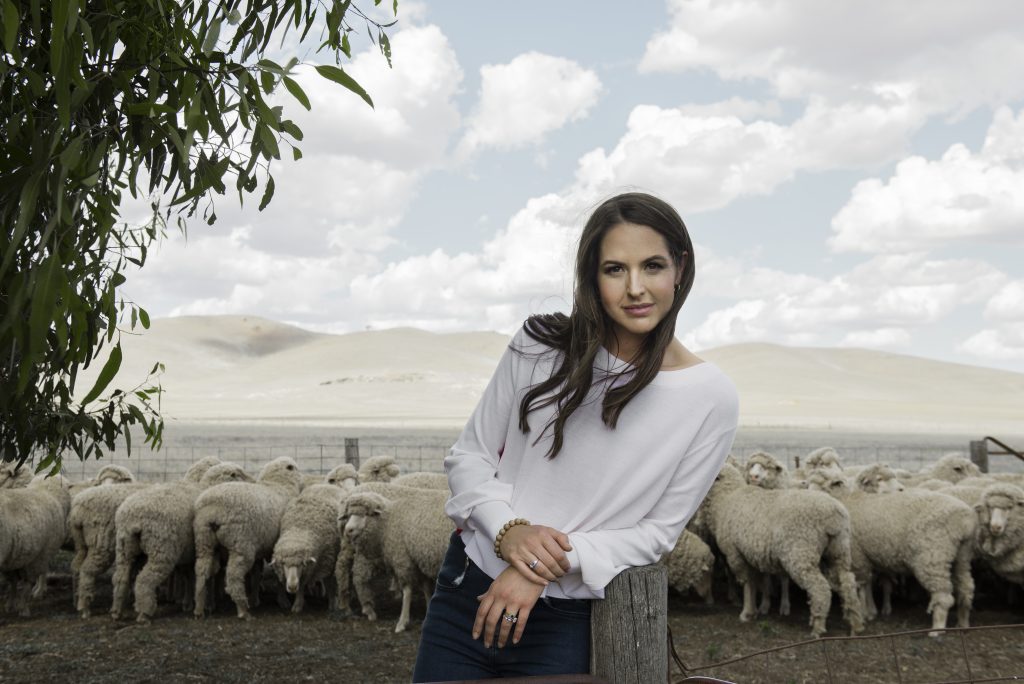
When she moved back to Australia, Lucianne herself launched a sustainable fashion site called ‘Prelude’. The idea was to pre-order clothes so only the pieces that had already sold would be manufactured, avoiding over-supply and waste. It was a tough time to start a business during Covid, so the site no longer exists. However, many insiders believe that kind of model has a role to play in the future.
Changing our habits
There are other ways we can all start to think about our own habits. Lucianne believes the key is seeing the value in our clothes and enjoying them.
Think about what makes you feel good. Lean into those garments. Analyse what it is that makes you feel good in them. I’d be willing to wager money that they’re made of natural fibres.
“We’re all sick of opening our wardrobes and seeing mounds of clothes that we feel overwhelmed and disappointed by. We’ve got to take a step back. Think about what makes you feel good. Lean into those garments. Analyse what it is that makes you feel good in them. I’d be willing to wager money that they’re made of natural fibres because you feel good when you’re comfortable.
“Fashion has really complex supply chains, but it can either come from a beautiful farm like we’ve been talking about. Or, if it’s polyester, it comes from an oil rig. Then, it’s converted into little plastic pellets, and they are melted down and turned into your polyester fabric. I know what I want to have on my skin.”
For anyone, who’d like to make a start on this, here are Lucianne’s top tips:
- The most sustainable clothes are the ones you already own. It’s worth cleaning and tailoring those pieces.
- If you do need new pieces, look at what it’s made from and choose natural.
- Rub or stretch the fabric to see if it holds its shape. The more durable, the longer you’ll keep it for.
- When you try it on, it needs to feel good. A maybe is a no.
- Aim for a wardrobe of about 20 items that you absolutely love – it will make getting ready so much easier.
- Don’t forget to check the second-hand market too.
Hear more stories just like Lucianne’s by subscribing to the Telling Our Story podcast on iTunes and follow podcast host Angie Asimus on Instagram for more updates.


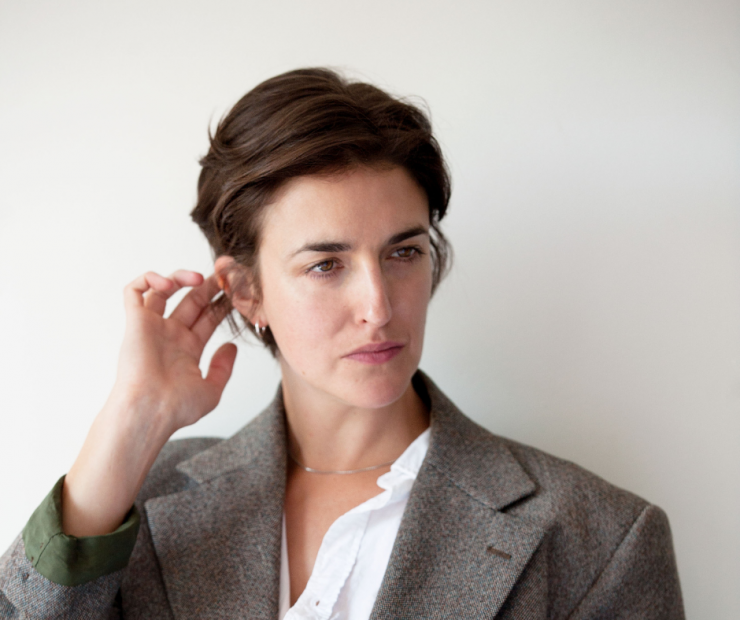
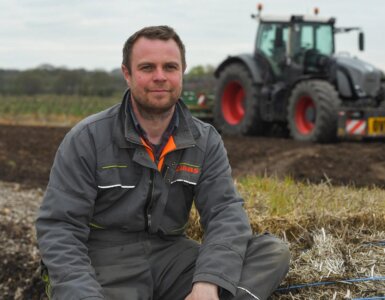
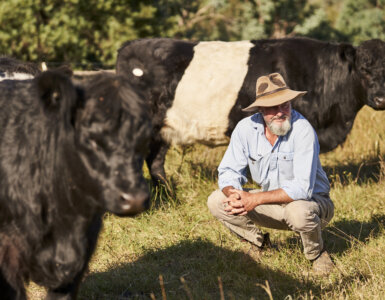
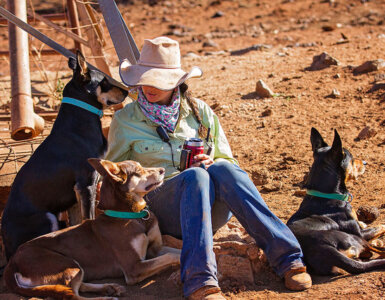






























It is a great blog. Thanks.
Very nice and informative article. LOVED the simple yet through writing. I too have just started a blog, and am awaiting nice comments.